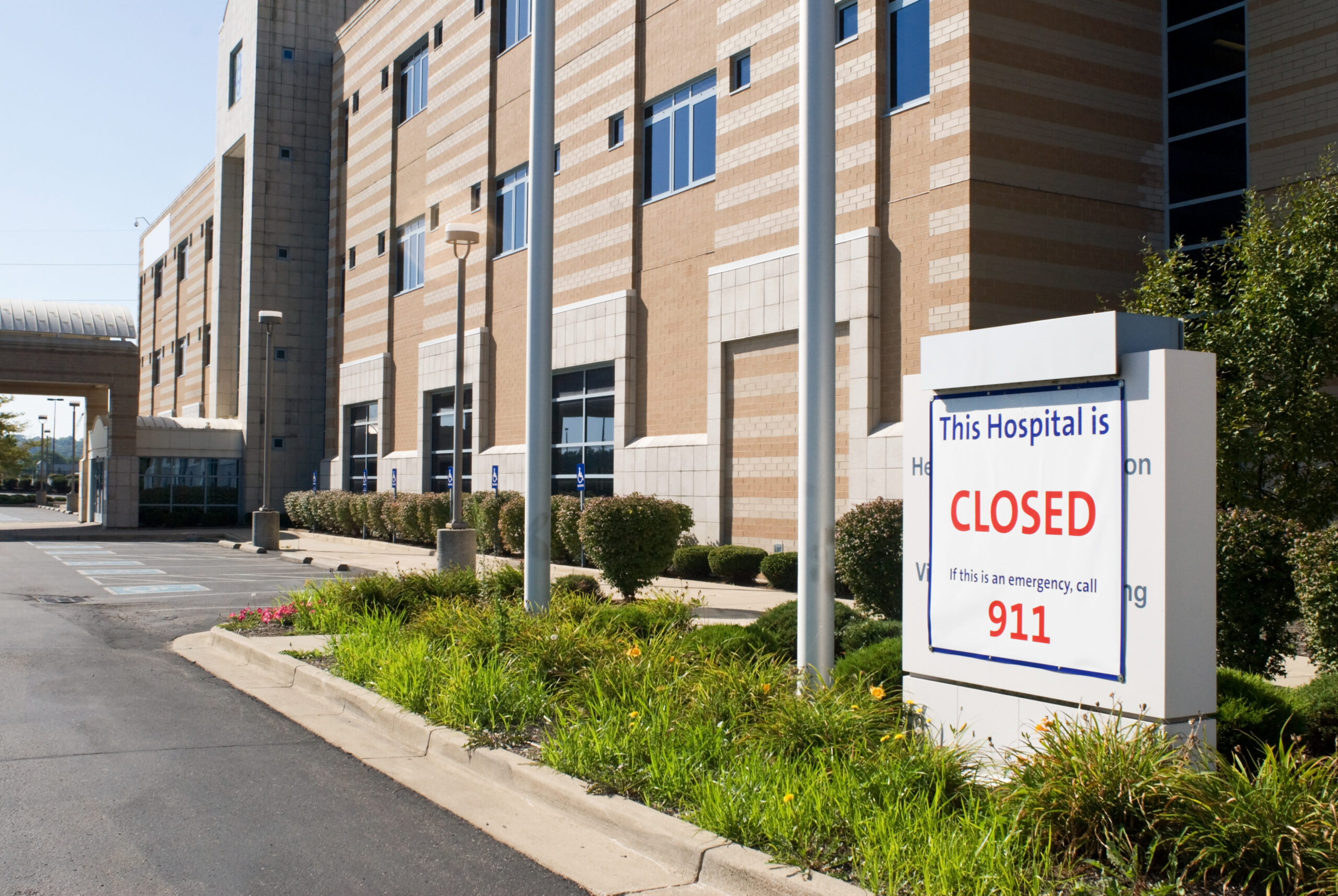By Stephen Wood
In an era where health care inequities already burden marginalized populations, the bankruptcy of Steward Health Care culminating in the closure of several hospitals in Massachusetts, represents an unconscionable ethical failure. As these hospitals prepare to shut their doors, the communities they serve — comprising many uninsured, underinsured, and socioeconomically disadvantaged individuals — are left abandoned. Behind this crisis is not only fiscal mismanagement but the outright theft of funds by executives such as Ralph de la Torre, whose actions are tantamount to a betrayal of public trust.
The situation becomes even more egregious when considering the money funneled into lavish lifestyles rather than into these hospitals. De la Torre and other executives used company resources to pay for personal luxuries, including yachts and vacations. In one glaring example of misappropriated funds, Steward Health Care paid for a science building at the Greenhill School in Texas, a wealthy private school, that was named after de la Torre’s mother. This act reflects a stunning misalignment of priorities. The millions spent on vanity projects could have been channeled into preserving vital services for some of Massachusetts’ and the country’s most vulnerable populations.
The Steward hospitals provided more than just medical care — they were lifelines for communities that have long suffered from health disparities. In Massachusetts, Carney Hospital in Dorchester and Nashoba Valley Medical Centers in Ayre served predominantly low-income populations, many of whom rely on their proximity and affordability for care. Their closures will exacerbate existing barriers to health care access, disproportionately harming marginalized groups who already face structural inequities in health care. There will be many more closures across the Steward network in similar communities, with similar outcomes.
The inaction of local and state politicians, as well as large hospital organizations only compounds the tragedy. At the outset, politicians ignored the risk of for-profit health care in poverty-stricken markets. They ignored the fact that the physical properties were sold off to real estate companies, and then leased back at astronomical and unsustainable rates. They ignored the lack of transparency that is required to ensure the sustainability of the health care system. Where was the political will to intervene and protect these critical institutions? Why were larger health care networks — many of which claim to be committed to improving access and equity — silent as these hospitals faced collapse? This is a damning indictment of our health care system and political leadership, which has repeatedly failed to prioritize the needs of marginalized communities over profit.
Ethically, this situation is indefensible. Health care is not a commodity to be sold to the highest bidder, as Secretary of Health and Human Services Kate Walsh suggested in her only statement to the press, nor should it be treated as expendable when profit margins thin. Steward executives betrayed the very ethos of health care — to serve and protect life. Their actions represent the antithesis of the values that should drive the health care system, which must be centered on patient care, community well-being, and equity. This does not excuse the absolute lack of action from the politicians who were elected to protect us from these situations. Similarly, this does not excuse the lack of action of some of the largest health care networks in the country who did not take action to help save some of these life-line hospitals. This is a death sentence for those living on the margins of society and there are many left with blood on their hands.
As we reflect on the bankruptcy of Steward Health, we must call out those responsible. The executives who stole from the communities they were meant to serve, the politicians who turned a blind eye, and the health care networks that could have intervened but chose not to all share in the moral culpability for this tragedy. Their actions, or lack thereof, have real consequences: lives will be lost, health outcomes will worsen, and the gulf between the health care haves and have-nots will only widen.
We must demand accountability, not just from Steward Health Care executives but from the entire system that allowed this to happen. This crisis underscores the urgent need for ethical reform in health care, one that places patient and community well-being above corporate interests. Until we address these foundational issues, more hospitals will face similar fates, and more communities will be left behind.
Let this serve as a call for action. We cannot continue to allow corporate greed to strip health care from those who need it most. Steward Health Care’s collapse is a warning — a dire one — about the dangers of unchecked capitalism in health care. It is up to all of us, especially those in positions of influence, to prevent further devastation to our health care system. Our communities deserve better.
